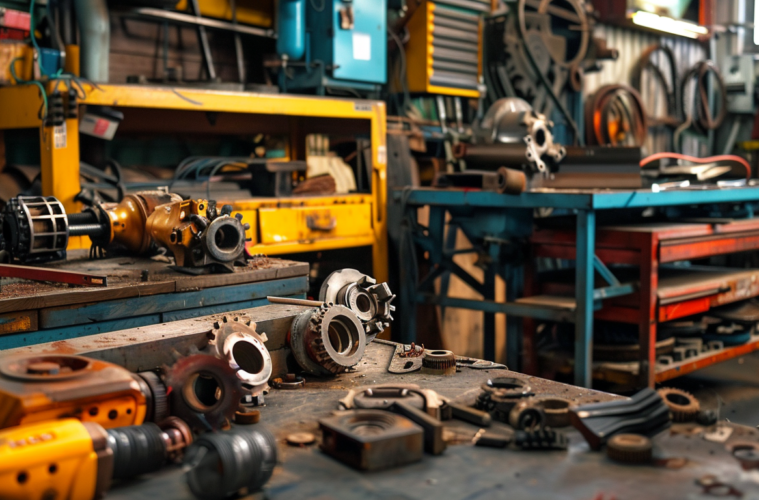When you plan on maintaining or repairing your machinery, you may need to keep this project within a certain budget. You cannot afford to spend too much money on parts needed for it.
You likewise may prefer to avoid paying whatever sticker price a parts retailer charges you. Instead, you can use these six tips to ensure you get a fair price on equipment parts.
1. Use Real-Time Data
You should first do some research and find out what the real-time data says about pricing for equipment parts. The data take into consideration factors like what the materials used to make the parts costs. It also factors in the supply of the parts compared to the demand for them. You can use this data to ensure you are getting a fair price on any parts you need or want to buy.
2. Consider the Pricing Matrix
You may appreciate that the retailer aims to make a profit off the parts sold to you. However, you can also consider a typical pricing matrix to ensure you pay a fair price for them.
For example, a fair markup on a part that costs $10 or less might be 20 percent or lower. A reasonable market for a part costing up to $50 could be around 18 percent.
3. Know the Brand
You can also make sure you get a fair price on equipment parts when you know the brand from which you are buying. Each brand has its own hallmarks in terms of quality and design. These hallmarks can greatly influence what kind of pricing you pay for your parts.
When you know what hallmarks to expect for each brand of parts you buy, you can determine if you are getting charged a fair price. You can avoid buying parts that cost too much or have unrealistic markups on them.
4. Don’t Forget Shipping Costs
You likewise may need to take into account any shipping costs that can add to the pricing you pay for equipment parts. Retailers often charge shipping fees on top of the prices they charge for the equipment parts they sell.
You can find out what those shipping costs are, add them to the prices for the parts you order, and ensure you are getting charged a fair price for them. You can also use an option that offers free equipment parts shipping.
5. Switch to Universal Parts
When you want to keep your costs in line and ensure you pay fair prices, you might consider using universally made parts for your equipment. Universal parts often cost less than OEM, or original equipment manufacturer parts.
Rather than worry about paying higher prices for branded parts, you may pay lower and fairer prices for the parts you need when you buy universal parts. They work just as well as branded parts, in most cases, last just as long, and typically cost less than their branded counterparts.
6. Negotiate Prices Carefully
Finally, when you negotiate the prices you pay for equipment parts, you should take care of what prices you suggest to the seller. It can be tempting to start the negotiations with the lowest reasonable prices.
However, the seller may inevitably force you to raise the suggested price before reaching an agreement with you. Instead of starting off the negotiation process low, you should suggest a mid-level or perhaps even slightly higher price and leave some room to go lower before reaching a price with the seller.
These six tips are some to keep in mind to ensure you pay fair prices for equipment parts. They allow you to learn about fair pricing, as well as markups and shipping costs. They additionally allow you to negotiate the best prices for parts for your equipment.

